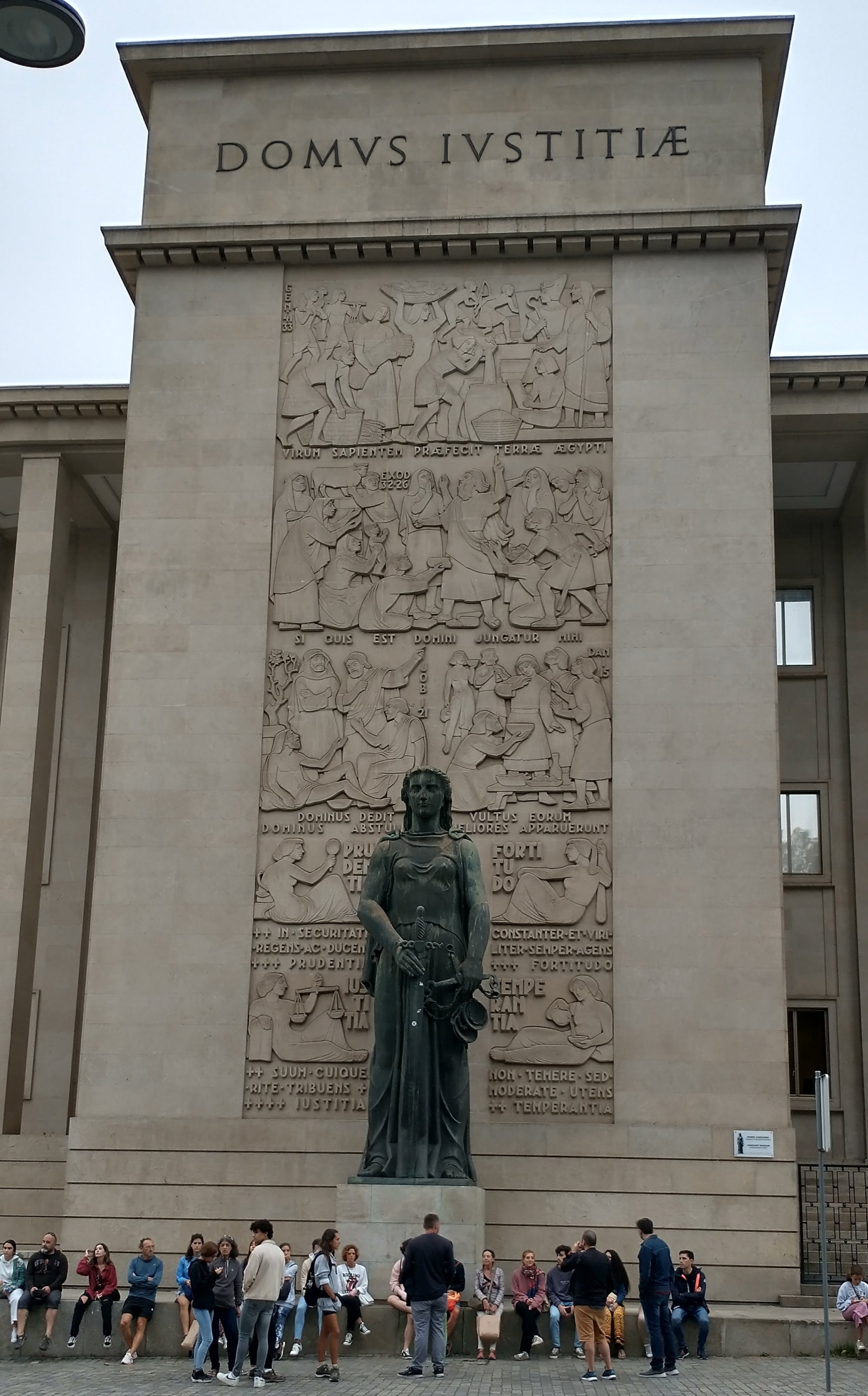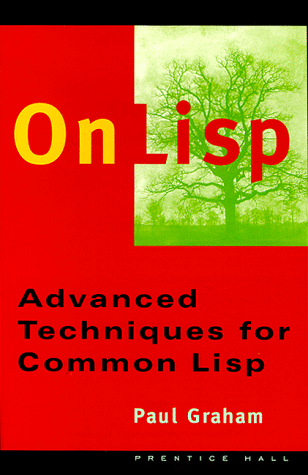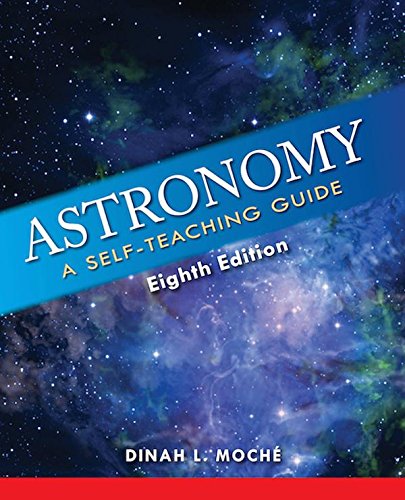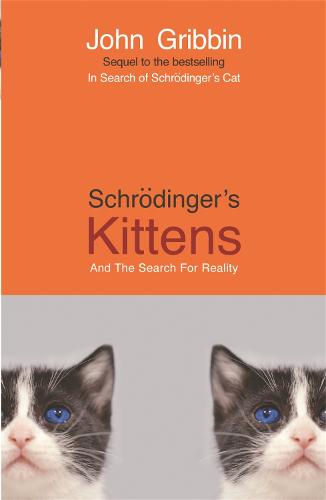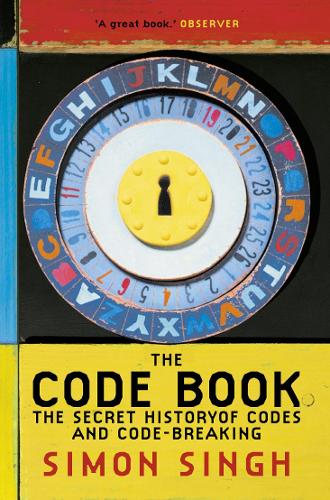Richard Feynman coined the term Cargo Cult Science: something that copies the form of science whilst ignoring the underlying rigour.
Watching some old episodes recently I realised that Alan Partridge is a Cargo Cult TV presenter.
He understands the chat show form perfectly. He knows that, to be a presenter, you need to dress in a certain way, you need to ask questions and to listen, to tell jokes and to be serious.
He embodies the form, so much so that he repeatedly manages to get himself onto TV.
But he doesn’t understand the underlying mechanism. His jokes come at the wrong time or are inappropriate, he’s full of bathos. All of this is what makes him such a great comic character.
Rings of Power is a Cargo Cult television show. It has the form of a fantasy, the elves and dwarves and orcs, it has battles and rivalries and fellowships and the best scenery of any TV show I’ve seen. It has everything that Middle Earth should have.
Apart from any sense of connection. People fall out because the plot arc demands it. Dwarves and Elves distrust each other because that’s what dwarves and elves do. People ride to battle and then ride back home again. Nobody likes the orcs.
Tolkien built distrust out of little things. A steward who would be king. A father who favoured one son over the other.
These things take up as much space on the page as the battles do, they’re what make you believe in one side over the other. A list of kings isn’t enough to give a story a sense of history. An epic battle needs to have people at the heart of it, and they need to have real emotions, not just a cut and paste back story.
I really wanted to like Rings of Power. Sadly, this is what happens when you throw too much money at something.
It’s not the big things that make something an epic, it’s the little things.





